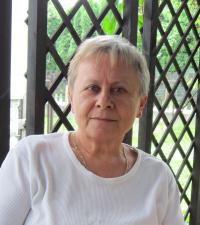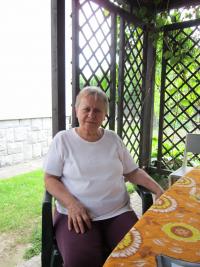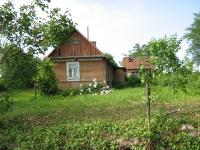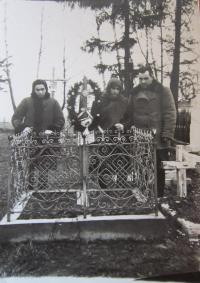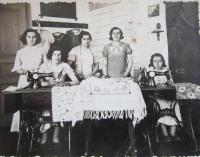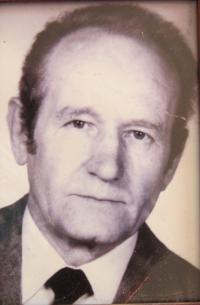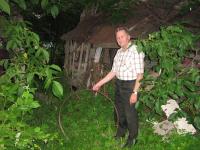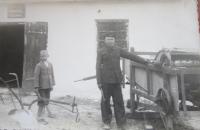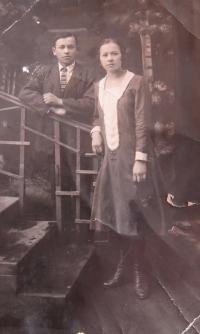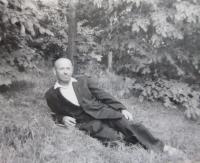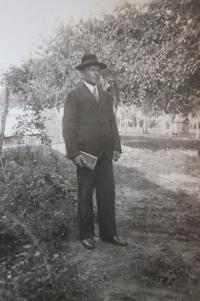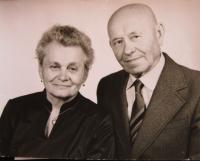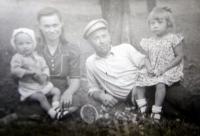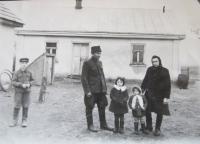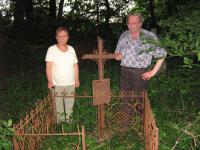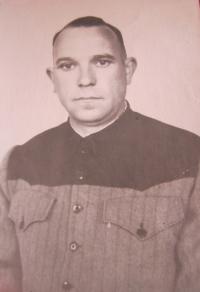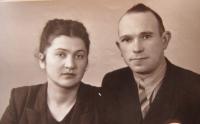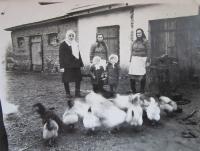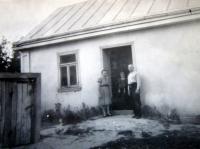I was thoroughly brain washed – it was unthinkable for me not to be admitted to the Pioneer or the Komsomol

Stáhnout obrázek
Slavěna Eliášová, née Lucuková, was born in 1943 in a Czech family in Podlísky, a little village in Volhynia. Many members of her family were affected by the rule of totalitarian regimes, especially Communism. Her grandfather, Josef Vostrý, was shot by the Ukrainian nationalists (the supporters of Stepan Bandera, a prominent Ukrainian nationalist leader). Her uncle Vladimír fought in the ranks of the 1st Czechoslovak army corps and was arrested in the battle for the Dukla Pass. Because of his arrest, he was later sent to a Soviet gulag camp near Vorkuta where he worked building a railway and lived in horrible conditions. His brother Josef was also a member of the 1st Czechoslovak army corps and because he owned a candy shop, he was arrested as an exploiter of the working classes. Their cousin Vít was burned by Wehrmacht soldiers in a barn in the village of Svatá nearby Buderaz together with a number of other Czechs and Ukrainians. The family of Slavěna Eliášová witnessed the true reality of „Soviet Communist heaven“ until 1961, because unlike the other Czechs, they didn‘t re-emigrate in 1947. For many years they were sending requests to the authorities to return to the land of their ancestors but they were only allowed to do so after the State visit of Secretary Nikita Sergeyevich Khrushchev in Moscow. The family then moved to Šumperk, where Slavěna Eliášová worked as a project architect in a company specializing in the installation of electrical equipment. In 1971, she married Viktor Eliáš, who had been expelled to the region of Šumperk together with his family because they were denounced as „kulaks“. Viktor Eliáš twice tried to flee from Czechoslovakia and as a result spent 8 years in various Communist prison camps, where he had to toil in the uranium mines of Jáchymov. Slavěna Eliášová currently still lives in Šumperk.
